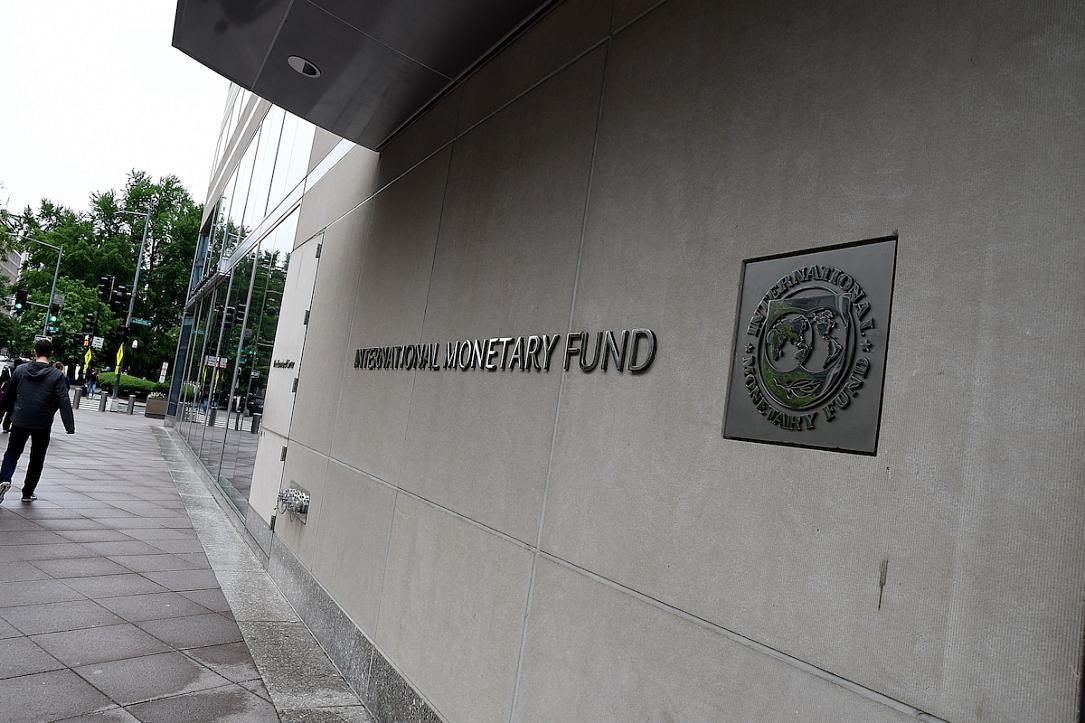IMF expects Romania’s economy to moderate at 4.8% growth this year, 3.4% in 2023



Romania’s GDP growth is expected to moderate at 4.8% in 2022 and 3.4% in 2023 from 5.9% in 2021, “supported mainly by momentum in domestic demand,” according to the conclusions under Article IV of the International Monetary Fund’s Board.
Energy and food prices are expected to keep inflation relatively elevated until the end of 2023, with average annual inflation easing to 10% next year from 13% in 2022. The budget deficit is seen as slightly narrowing from 6.9% of GDO in 2021 to 6.4% this year and 5.1% in 2023.
The IMF projects Romania’s current account deficit to remain elevated (7.7% of GDP this year and 7.4% in 2023), but it also expects the rebound in FDI and the start of the EU-supported National Recovery and Resilience Plan to provide substantial funding, with the latter anchored to a path for reforms and growth-enhancing investment into the medium term.
The current projection is actually an upward revision from the more pessimistic 2.2% forecast issued under the World Economic Outlook in April, when the uncertainty generated by the war in Ukraine was still higher. The impact of the war has moderated since the summer when the IMF team visiting Romania for Article IV Consultations revised the growth outlook to 3.5%-4.5%, also encouraged by the robust Q1 GDP growth performance.
The IMF Board confirmed recommendations facilitated by Romania’s robust GDP growth and oriented towards the two main challenges: inflation and widening external balance.
Namely, the IMF recommends further raising the policy rates to prevent the entrenching of inflationary pressures and the emergence of a wage-price spiral and gradually moving toward a more flexible exchange rate to address the weakening of external competitiveness and the rising current account deficit.
The Fund’s Directors also stressed the need to pursue medium-term fiscal consolidation to rebuild buffers and safeguard fiscal sustainability.
Among others, Romania should phase out the current energy price caps and replace them with measures targeting the most vulnerable.
To help improve medium-term budgeting and ensure predictability, the Fund’s Directors recommended a more ambitious reform of the personal income tax and improvements to the efficiency of the value-added tax.
iulian@romania-insider.com
(Photo source: Deanpictures/Dreamstime.com)